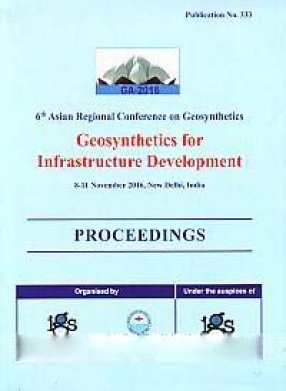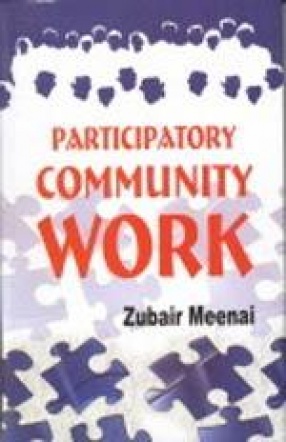Bangladesh has made great strides since its independence in 1971–in foodgrain production, prevention of famines, effective response to natural calamities, and achievements on the social front. Rural poverty, however, remains extensive. More than half of Bangladeshis are below the poverty line and about 90 percent of the poor live in rural areas. To reduce poverty, it is crucial to develop rural areas–where most of the poor people live. This study identifies ways of accelerating growth in rural areas. Poverty in Bangladesh must tbe reduced by helping agriculture and rural non-farm sectors grow faster and by strengthening rural institutions that empower rural people to improve their income and welfare. The study identifies the critical constraints that prevent Bangladesh from realizing its strong potential to increase agricultural and rural non-farm growth. It also draws lessons from different programs to develop rural institutions and reduce poverty in order to design the future strategy. The proposed rural development strategy addresses the critical constraints to rural growth and to the building of rural institutions within a medium-term time frame. The key propositions of the strategy are to: i) improve short-term food assistance and reform food policy, ii) reform policy environment and public sector programs for farm and non-farm growth, iii) invest in improved infrastructure, iv) improve the efficiency of the rural financial system, and v) build a strong local government system.
Bangladesh: A Proposed Rural Development Strategy
In stock
Free & Quick Delivery Worldwide
reviews
Bibliographic information
Title
Bangladesh: A Proposed Rural Development Strategy
Author
Edition
1st Ed.
Publisher
ISBN
9840515438
Length
82p., Tables; Figs.
Subjects








There are no reviews yet.